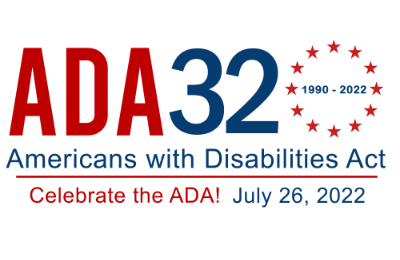A photorealistic image of Robin Williams, dressed in a white robe with golden details, holding a microphone. He is laughing joyfully, with a radiant smile on his face. The background features a dramatic sky with golden clouds and a bright sun shining behind him, creating a heavenly glow around his figure.
Reflecting on Robin Williams’ birthday this past week has brought back a flood of memories and emotions. As a kid who spent countless hours in hospitals recovering from various surgeries, I found immense joy and solace in watching Robin’s comedic genius. His off-the-wall humor in movies like Aladdin, Hook, and Mrs. Doubtfire provided a much-needed escape and a dose of laughter that was as healing (and necessary) as any medicine.
As an adult, my admiration for Robin Williams only grew. I reveled in his masterful performances in a series of now-iconic HBO specials. One of my most cherished memories is attending his final special, Weapons of Self Destruction, at DAR Constitution Hall in 2009. Watching his comic mind at work was nothing short of magical. Robin Williams was more than just a comedian to me; he was, and remains, an inspiration during some of my darkest times.
Robin’s untimely death by suicide in 2014 was a stark reminder of the silent battles many face daily. His struggle with mental health was a poignant example of an invisible disability. According to the National Institute of Mental Health (NIMH), nearly one in five U.S. adults lives with a mental illness, highlighting the prevalence of these unseen struggles. Yet, societal stigma often makes it harder for them to seek help and support.
We, as a society, have a responsibility to create environments that support those with mental health conditions. The American Foundation for Suicide Prevention reports that nearly 50,000 deaths occurred by suicide in 2022, making it the 11th leading cause of death in the United States.
Personal stories, like that of Robin Williams, have the power to drive change. By sharing our narratives, we humanize the statistics and inspire empathy and understanding. Let’s use these stories to spark conversations and promote a more inclusive society.
The workplace is a critical arena for mental health inclusion. A 2023 report from the American Psychological Association reveals that nearly 60% of employees experience negative impacts on their mental health due to work-related stress. Employers must adopt strategies to accommodate and support employees with mental health conditions. Flexible work schedules, mental health days, and accessible resources are steps toward a more supportive workplace.
Robin Williams’ legacy is a poignant reminder of the importance of addressing invisible disabilities. As we honor his memory, and celebrate Disability Pride Month, let’s commit to discussing mental health openly and honestly without shame. Share your stories, challenge the stigma, and advocate for inclusive policies. You never know whose life you'll change by sharing your story.









